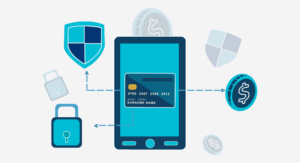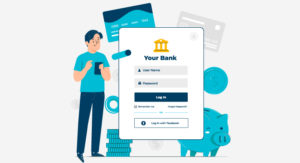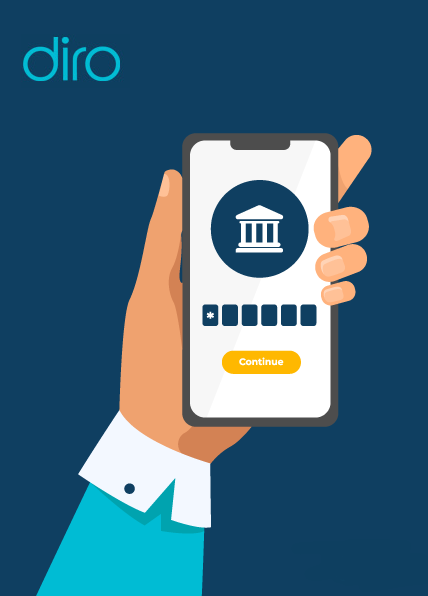Open Banking Recurring Payments and Innovation

Compare the current financial service market to the one a decade ago and you’ll see enormous changes. It’s all because of technology. When the concept of open banking was introduced in 2019, it opened the floodgates for innovation in the industry. The financial data of consumers were now open to be accessed by any authorized financial service provider and consumers themselves had more control over their data. As banks in the UK were required to let consumers share their transaction data with authorized third-party providers, the era of innovation began. For the first time, consumers were able to explore a range of alternative financial services and payment options from technologically forward FinTechs and financial institutions.
Open banking has become fairly mainstream in the financial services industry today as more and more customers are becoming technologically demanding. It’s fair for customers to demand instant, intuitive, and convenient digital solutions that can meet their demands, both for personal and professional use.
FinTech-based open banking innovations have changed the way customers and businesses send and receive payments. They’ve changed the way payments happen, be it one-time or recurring payments.
The open banking recurring payment is the next step toward simplifying the online payments initiative. This provides an innovative and seamless method of the transaction on a regular basis.
History of Recurring Payments
For years, the only way to collect regular payments such as mortgages, rent, and utility bills were “Standing Orders and Direct Debits.” These two methods were the leaders of the industry but they came with their fair share of limitations. Both the methods are prone to errors as customers have to manually enter their bank data. There’s also a high rate of drop-off or abandonment during the payment process because the customers have to leave the ecosystem to set up the instructions.
All thanks to the rise of subscription-based services, banks and eCommerce companies save a customer’s payment credentials on a file, combined with other necessary information to authorize a recurring payment. While this process seems better than Standing Orders and Direct Debits, it also leads to a poor and error-prone customer experience during set-up as customers have to manually enter the debit or credit card details.
For businesses on the receiving end, debit and credit card payments aren’t ideal. They’re expensive as businesses have to pay a percentage of the value on each transaction. With millions of payments, this can end up being a huge loss in revenue for businesses. Businesses also need to keep reminding customers to update their debit and credit card information in case of expiry. Payments can take up to 3 business days to reflect into the recipient’s account and that’s why it is essential to have a seamless recurring payment method.
Open Banking Recurring Payments: A New Era
Fortunately, open banking recurring payments are opening up new avenues for recurring payment services. It has allowed for a new method of online payments using “Open Banking APIs.” payment initiation or open banking payments are an instant, cost-effective alternative to accepting card payments and bank transfers.
Operating separately from traditional banking card payments, payment initiations enable businesses to redirect end-users directly to their bank or building society so they can make payments seamlessly.
With open banking payment initiations, customers only have 3 steps to follow:
- Customers have to choose their bank on the merchant’s page
- Customers are then redirected to their banking app and authorize the payment
- They’re then directed back to the merchant’s payment completion page.
Customers don’t have to go through the hassle of finding their cards or manually entering debit or credit card details or account numbers. Open Banking Payments offer a customer more control over their finances compared to direct debits, enabling the transfer of money to a third-party account.
Power to Innovate
For businesses that work on a recurring or subscription-based model, and need better solutions, this exciting iteration of open banking payment initiation promises to accelerate innovation in payment experiences and promotes the creation of new types of financial products and services for the customers.
With their wide applicability, Open Banking Recurring Payments will help businesses from all sectors streamline their long-term relationships all the while providing customers with innovative experiences.













